Post in brief:
In this post I am gonna share about bank, it's history and some other information about bank. Let's jump into the discussion.
Bank:
A bank is a financial institution that accepts deposits from the public against a fixed or a provisional profit/interest margin and advance them or provide loan towards others at a higher rate than it has collected deposits. In other words, a bank is a place of financial inclusion, where people deals with cash or credit.

Image source: pixabay.com
History of bank:
The concept of banking may have begun in ancient Assyria and Babylonia with merchants offering loans of grain as collateral within a barter system. Lenders in ancient Greece and during the Roman Empire added two important innovations: they accepted deposits and changed money. The present era of bank can be figured out at the early renaissance in Italy. Giovanni di Bicci de' Medici set up one of the most famous Italian banks, the Medici Bank, in 1397. The Republic of Genoa founded the earliest-known state deposit bank, Banco di San Giorgio (Bank of St. George), in 1407 at Genoa, Italy. The Bank of England originated the permanent issue of banknotes in 1695. The Royal Bank of Scotland established the first overdraft facility in 1728. By the beginning of the 19th century Lubbock's Bank had established a bankers' clearing house in London to allow multiple banks to clear transactions.

Image: Bank of England.
Source: pixabay.com
Different departments in a bank:
Generally there are three major departments in a bank, each having several subdivision. Three major departments are-
1. General Banking.
2. Investment/Loan/Advance/Credit.
3. Foreign Exchange.

Different operations in bank:
A banker may have to perform the following tasks under the departments mentioned above.
1. Account opening.
2. Cash receive and cash payment.
3. Issuing pay order, demand draft etc.
4. Issuing cheque books.
5. Clearing.
6. Cheque transfer.
7. Remittance payment.
8. Making investment/loan/advance/credit proposals.
9. Doing investment transactions.
10. Making foreign exchange proposals.
11. Doing foreign exchanget ransactions.
12. Cheking, balancing and closing all transactions.
Conclusion:
It's all for today. I'll discuss step by step about the total activities of bank from my practical knowledge as I was a banker.